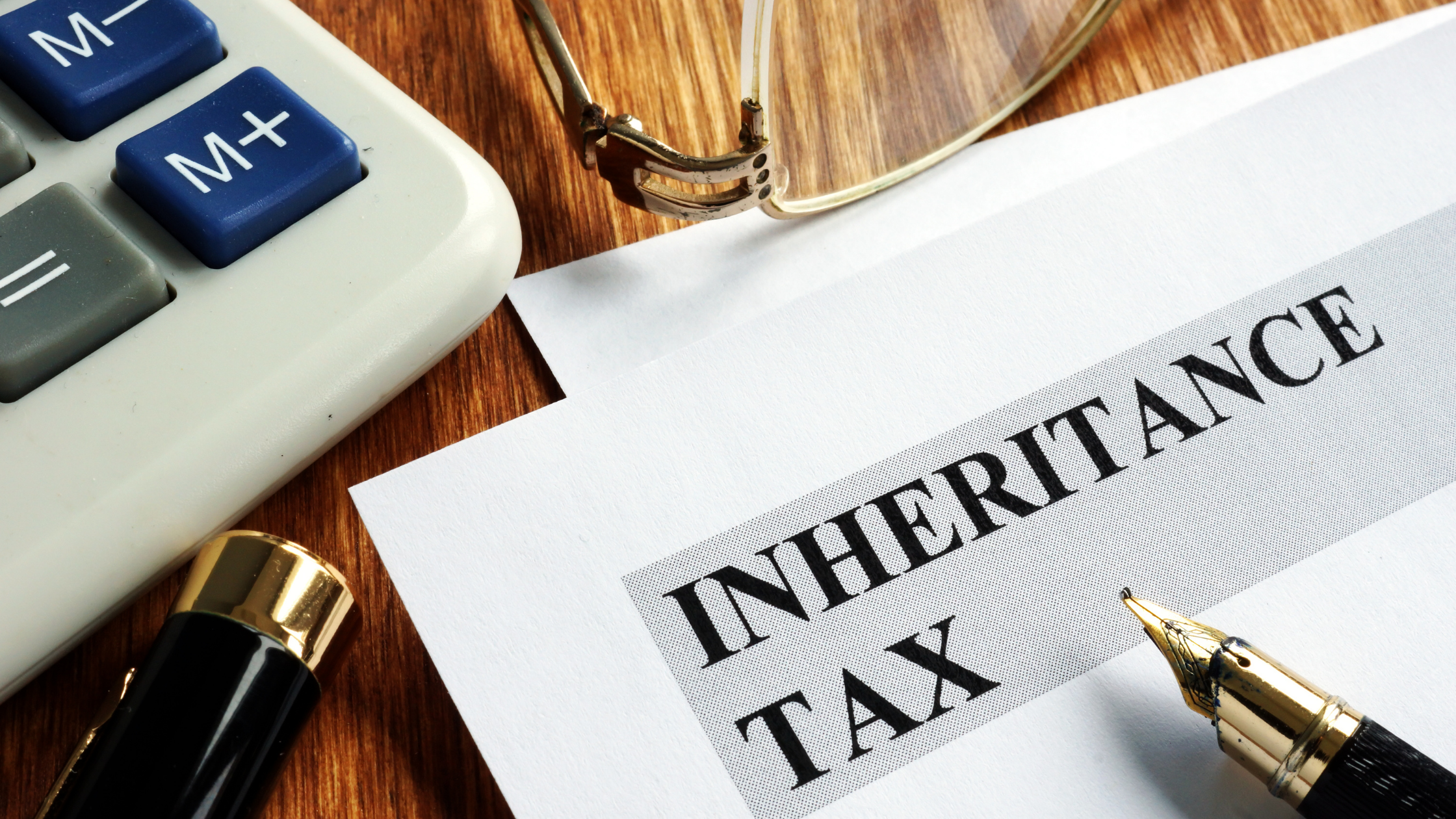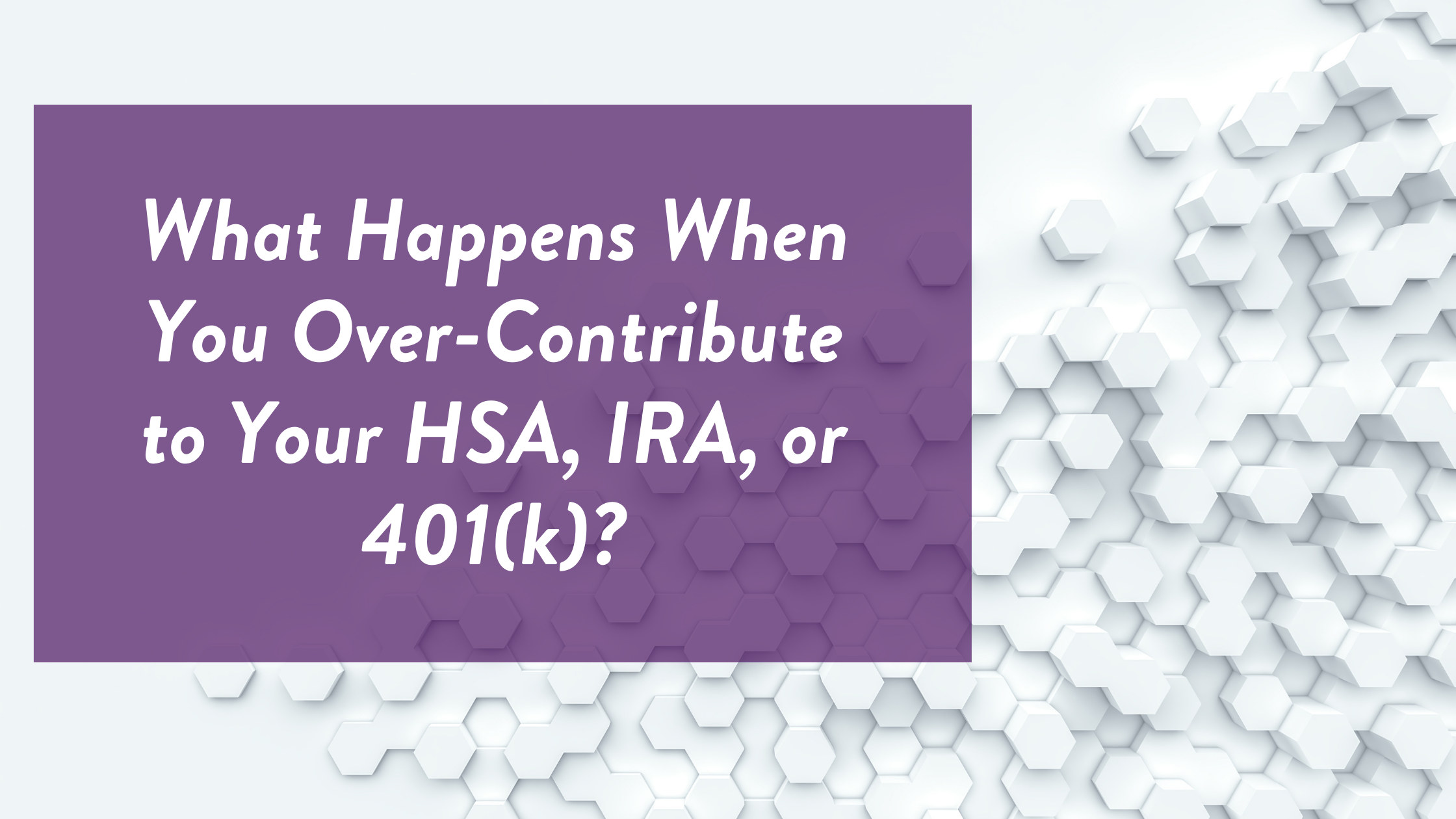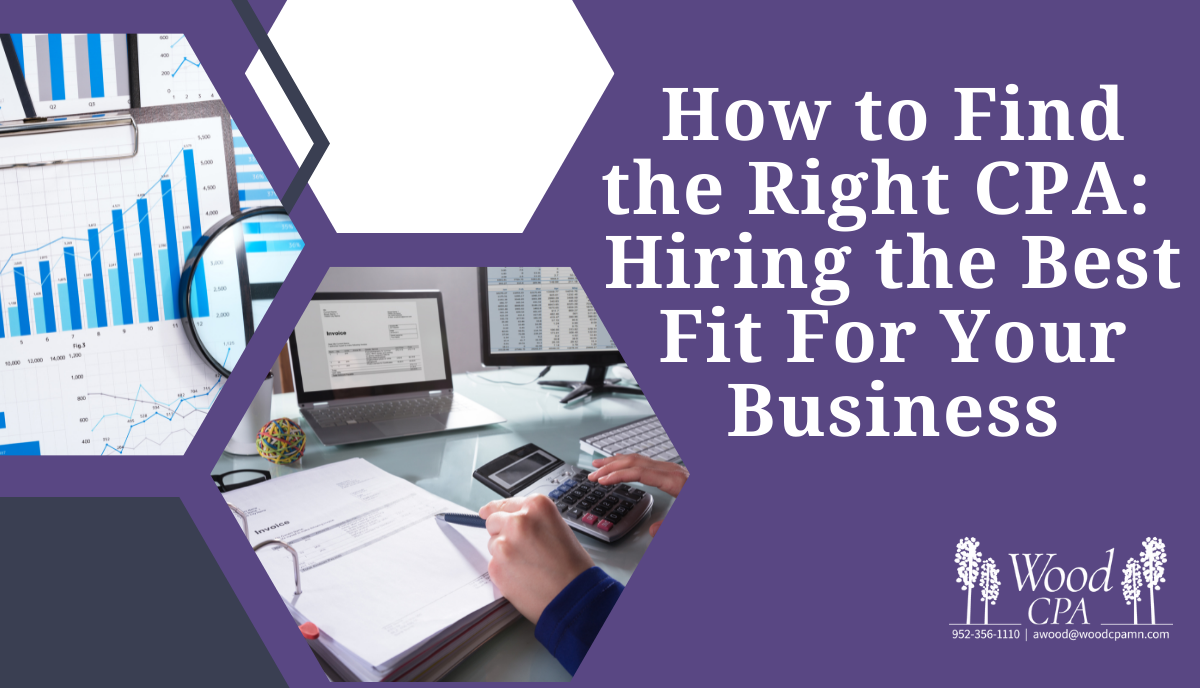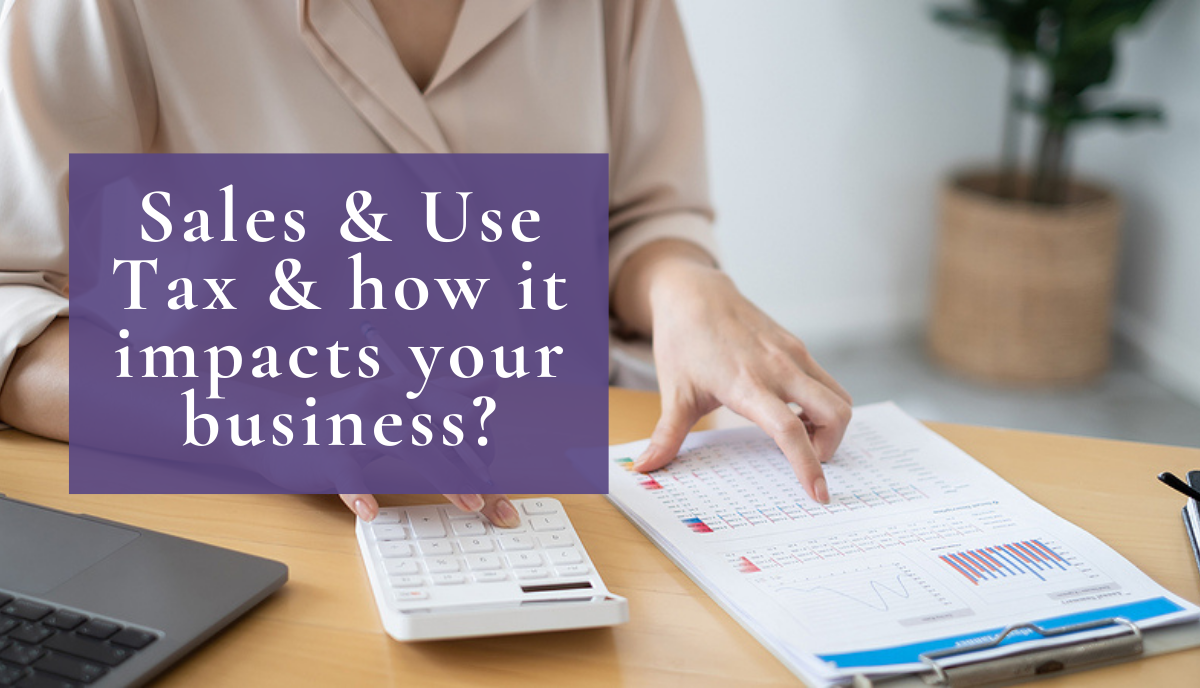
A Home-Based Business Owner’s Guide to Accounting
As the owner of a home-based business, you likely take care of every aspect of your company, from big-picture planning to the day-to-day details. Accounting is one part of running a business that can often feel overwhelming, especially with everything else you have to do. We’ve created this guide with you in mind. Depending on the specifics of your business, there may be other factors that apply, but this list of basics will get you on the right track.
Open Separate Bank Accounts
If you haven’t done so yet, it’s a good idea to open separate bank accounts for your business. LLCs, partnerships, and corporations are legally required to have separate accounts; for sole proprietors it’s not required but is highly recommended. With separate bank accounts you can easily distinguish business expenses from personal ones, which comes in handy at tax time. It also protects your personal assets in case of bankruptcy, lawsuits, or audits (though we hope you will never need that protection!). Additionally, strong business financial records will be beneficial if you need to apply for funding, like a line of credit or business loan. It’s a good idea to have a separate credit card for your business as well, to help build your credit and keep expenses separate.
Track Your Expenses
Consistently track your expenses, keeping receipts and other important records organized. The IRS doesn’t require you to keep receipts for expenses under $75, but it’s a good habit nonetheless, as it will help you monitor your business spending and build financial statements. Some examples of expenses to keep track of are:
● Meals and entertainment
● Business travel
● Vehicle expenses
● Gifts
● Home office expenses
Choose a Bookkeeping System and Accounting Method
If you choose to do your own bookkeeping, you will want to invest in a bookkeeping system (like Quickbooks or something similar). Excel spreadsheets will work in a pinch, but bookkeeping software will help make sure you don’t lose track of anything, and will save you time and stress when tax time rolls around.
Once you have your software, there are two basic accounting methods you can use to track your income and expenses:
● Cash Method: Revenues and expenses are recognized at the time they are actually received or paid.
OR
● Accrual Method: Revenues and expenses are recognized at the time of the transaction (even if the cash isn’t in or out of the bank yet). This method requires tracking receivables and payables.
It’s up to you which method you choose, unless your revenue is over $25 million, in which case you must use the accrual method.
Determine Your Tax Obligations
Your tax obligations will vary depending on the legal structure of your business. Corporations are taxed independently from their owners; your personal income from your corporation will be taxed as an employee. If you’re self-employed (sole proprietorship, LLC, partnership), you will claim business income on your personal tax return and will also need to withhold taxes from your income in lieu of the withholding an employer would normally take care of. Also, if you owe more than $1000 in taxes per year you will need to pay estimated quarterly taxes.
Learn Some Basics
Even if you hire an accountant, it’s a good idea for you to know the basics of accounting as it will help you understand the various reports and language your accountant uses. It will also help when you need to make big decisions for your business. Consider taking an introductory class online or through community education. Here are a few key accounting terms to get you started:
● The Balance Sheet contains a list of your assets, liabilities, and equity. It’s a sort of snapshot of what your company is worth.
● A Cash Flow Statement tracks the inflow and outflow of cash, and tells you about the financial health of your business.
● An Income Statement shows you how much revenue you’re making and how much income you’re earning.
Consult With a Quality Accountant
Whether you hire us in an advisory capacity or to handle all of your accounting needs, Wood CPA is here to answer your questions and help you reach your business goals. Don’t hesitate to reach out to us at awood@woodcpamn.com.








